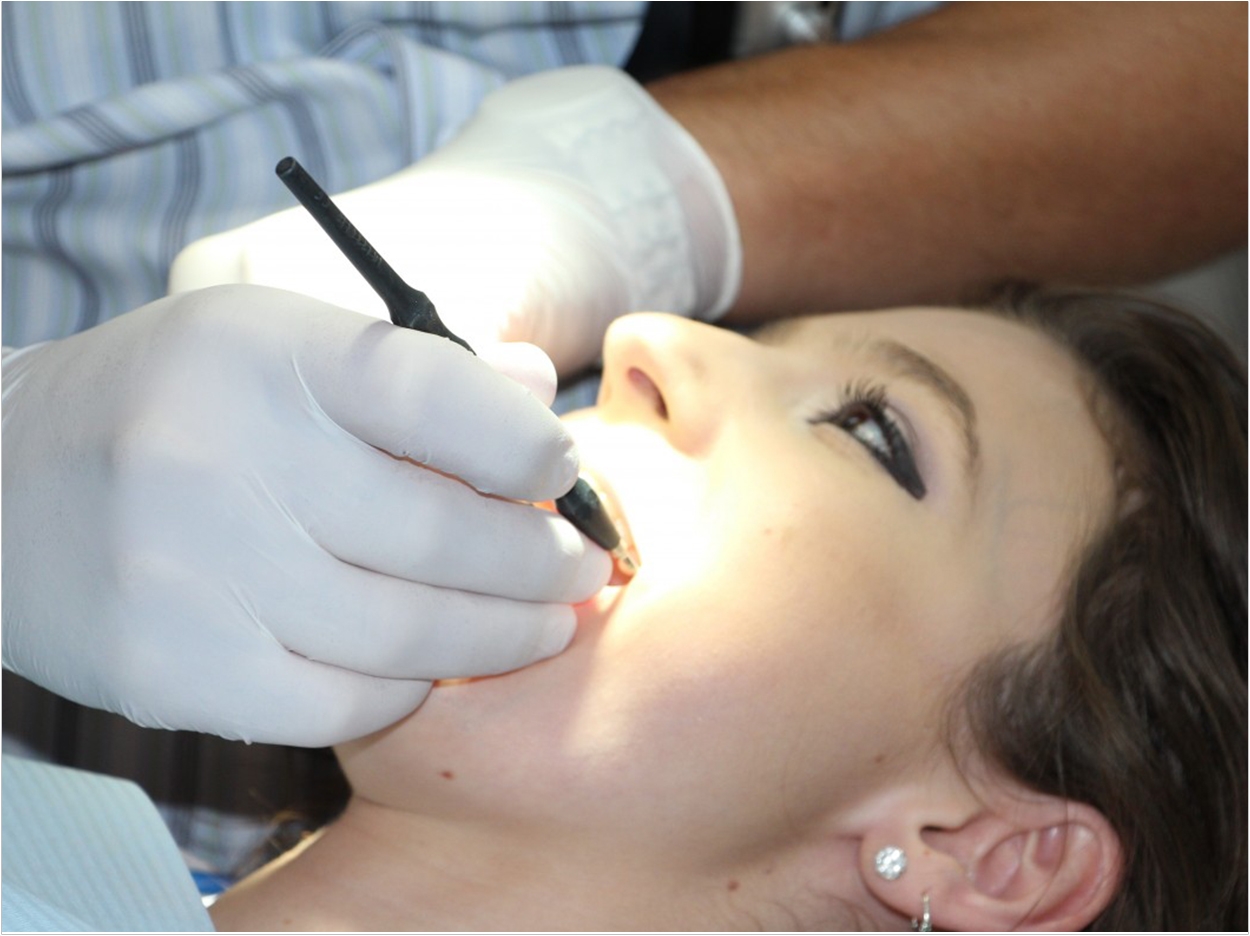
Dentists in New Zealand are increasingly having to provide remedial treatment where things have gone wrong for “dental tourists” who travel abroad for dental work, according to the University of Otago.
The university reports that overseas travel for dental treatment is the most prevalent form of medical tourism internationally as patients from high-income nations seek care in low-income nations. Each year, about 40,000 to 50,000 patients from the United Kingdom seek dental care abroad, a trend that is becoming a phenomenon in New Zealand too, the university says.
Researchers at the university have found that New Zealanders typically seek dental treatment abroad because it’s cheaper and because it gives them an opportunity to vacation in destinations such as Asia. But while some treatment is successful and is combined with a satisfying tourist experience, some treatment fails, and the patients need the work corrected once they get back home.
The university’s survey of 337 New Zealand dentists in 2016 showed that 96% of them had encountered dental tourists at least once or twice a year, usually because they required remedial treatment. A range of issues arose from treatment received abroad. The most important was a lack of follow-up maintenance and a lack of availability post-treatment. About half identified lack of treatment planning and treatment records to be issues as well.
One dentist saw a patient in pain who had a full mouth of crowns and bridges.
“I wasn’t prepared to treat the patient as the quality of work was absolutely appalling. The dentition had been absolutely wrecked, and I wanted nothing to do with it,” the dentist said.
Many dentists were concerned that patients are unaware of the poor quality of work often being carried out.
“Patients are unaware of the poor quality of the work they receive and the difference in standard of care compared to New Zealand dentistry. Patients are often over-treated and inappropriately treated with irreversible damage to their teeth and no apparent discussion or awareness of treatment options,” said another dentist.
Thailand was the most commonly noted country of treatment, with nearly 90% of dental patients having been treated there, followed by India and Indonesia.
While about half of the dentists acknowledged that dental tourism provides access to affordable treatment, only 6% felt it enhances dental health outcomes for their patients, and just 1.9% would recommend it to their patients. Also, 21.8% said dental tourism should be discouraged due to its negative impact on New Zealand’s dental healthcare system.
When asked to rate the impact on dental care provision in New Zealand of providing remedial dental treatment for returned tourists, just over 60% considered this to be more than at least “moderately significant.”
New Zealand Dental Association chief executive officer David Crum, BDS, said that dental tourism does exist and that it will appeal to a small sector of New Zealanders.
“It comes with risks most often related to quick care supplied over a very short duration by a practitioner unknown to the patient,” said Crum.
The most common type of treatment sought abroad was crowns, while implants and bridges also were commonly observed. While most often the required care was at the advanced and expensive end of the spectrum, Crum said, its poor implementation often isn’t discovered until months after the patient has returned home.
The New Zealand Dental Association continues to believe patients are best served by establishing a long-term care relationship with a dentist who meets mandatory New Zealand standards in their own community
The researchers acknowledge that there is the perceived issue of professional protectionism with their study, as dentists may consider the impact upon their practices by the provision of care abroad. So, they specifically asked dentists about the perceived impacts of dental tourism on their practice’s income. While about 15% said dental tourism would negatively affect their incomes, 6% said it would actually increase their incomes due to increased demand for remedial treatment.
The study, “The impact of outbound medical (dental) tourism on the generating region: New Zealand dental professionals’ perspectives,” was published by Tourism Management.
Related Articles
Today’s Dentists Must Be Able to Correct Botched Cosmetic Dentistry
Cosmetic Dentistry Is a 21st Century Fine Art Form
The Lower Face Influences Total Aesthetics in Injectable Procedures












